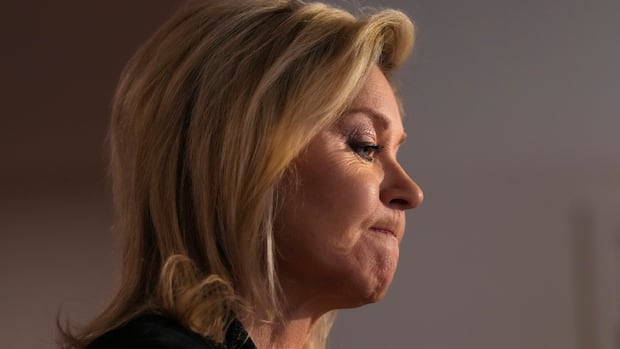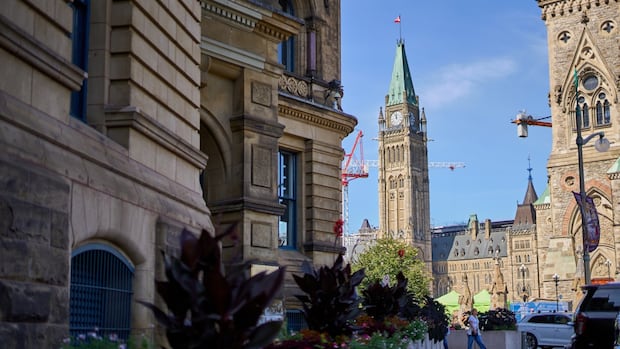A new policy statement from the Ontario Human Rights Commission calls on employers hiring for Indigenous-specific positions to find ways to verify candidates’ Indigenous identities, with help from Indigenous communities.
Juliette Nicolet, director of policy, education, monitoring and outreach at the Ontario Human Rights Commission (OHRC), said the policy statement is a response to calls from Indigenous organizations and people who have been advocating for safeguards against Indigenous identity fraud.
“The need for the guidance was really highlighted by widespread reports of alleged and proven Indigenous identity fraud across Canada … by non-Indigenous people and so in response people called for action,” Nicolet said.
“We thought that it was critical that hiring practices and policies for Indigenous-specific positions include a process to confirm claims of Indigenous identity in alignment with [human rights code] obligations.”
The policy statement on Indigenous-specific hiring was released in May. It confirms that hiring Indigenous employees for Indigenous-specific positions is permissible under Ontario’s human rights code and calls on employers to establish verification processes of Indigenous identity in consultation with local Indigenous peoples.
Nicolet said cases of misrepresentation of Indigenous identity have been brought to the public’s attention for years and the damage it does to Indigenous peoples “can’t be minimized.”
“These [fraudulent claims] are harmful practices which, in the view of the Commission, can constitute a breach of trust and threaten the integrity of special programs and special employment positions that are specifically intended to support Indigenous people and address disadvantages resulting from discrimination,” Nicolet said.
Nicolet said the goal is for employers to reach out to Indigenous communities to begin a conversation.
Employers have ‘obligation and a right’ to verify identity
Maurice Switzer, a citizen of the Mississaugas of Alderville First Nation, was on the commission’s Indigenous Reconciliation Advisory Group for the development of the policy and asked the OHRC in 2018 to turn its attention to this issue.
Representatives from the Ontario Native Women’s Association and Ontario Federation of Indigenous Friendship Centres also participated in the creation of the policy statement and context guide.
Switzer said employers can be uncomfortable having conversations about verification because standard hiring practices can make it inappropriate or illegal to ask about identity and culture when interviewing candidates for jobs.
He said the purpose of the policy is to reinforce to employers that they have an “obligation and a right” to ensure that the person they hire for an Indigenous-specific position is, in fact, Indigenous.
“It’s not a colonial institution’s place to tell people how to determine Indigenous ancestry or what it is…that’s up to our communities,” Switzer said.
He added that the policy underlines this fact, making clear the need to engage with Indigenous communities and build relationships.
“A lot of people, I think with the best of intentions, have thought they were contributing to the advancement of awareness of Indigenous peoples…but to do it in a way that’s not legitimate or dishonest, that really undermines a lot of what they may have accomplished and it casts a pall over Indigenous peoples,” he said.
‘A very uncomfortable discussion’
Gabriel Maracle, an assistant professor at Carleton University in Ottawa, said it’s good to see the OHRC, universities and other institutions taking a lead on some sort of verification policy.
He along with Amy Shawanda co-authored a recent Yellowhead Institute report on Indigenous identity fraud in academia.
Maracle, who is from Tyendinaga Mohawks of the Bay of Quinte, is hoping organizations that have been ‘on the fence’ about implementing verification policies become more proactive.
“This is a very uncomfortable discussion to have,” he said.
“The next step is like, ‘OK, well we’ve kind of put in these protective measures now, what do we do about the stuff that kind of got through?’
“We’re trying to lay down train tracks as the train is coming down.”
Shawanda, who is Anishinaabe from Wiikwemkoong Unceded Territory, is an assistant professor at McGill University in Montreal. She said she sees a need for Indigenous-specific hiring policies.
“We have the OHRC now that we can rely on,” she said.






